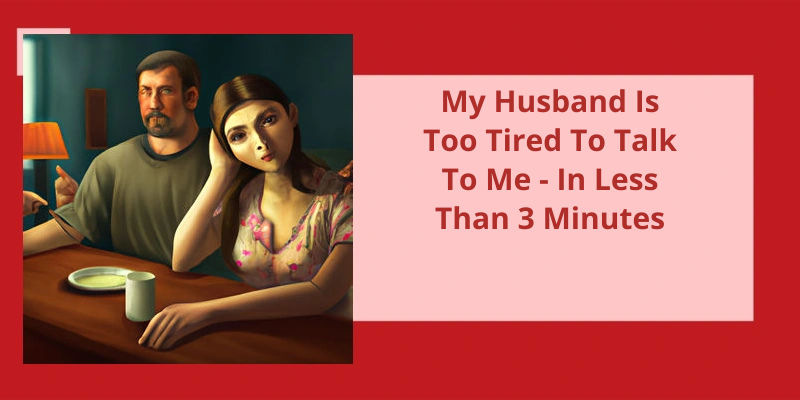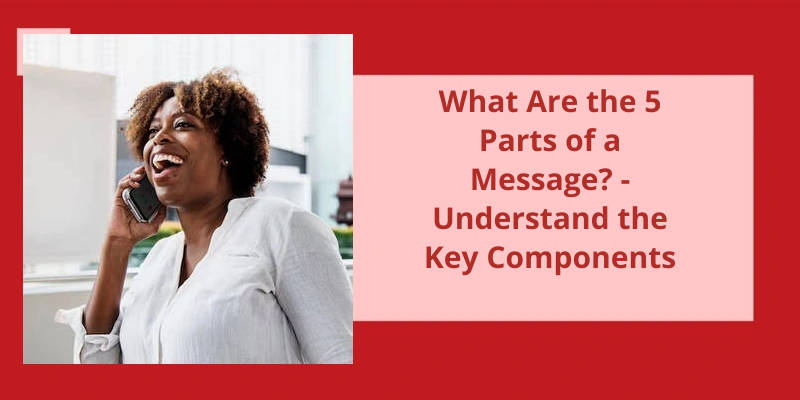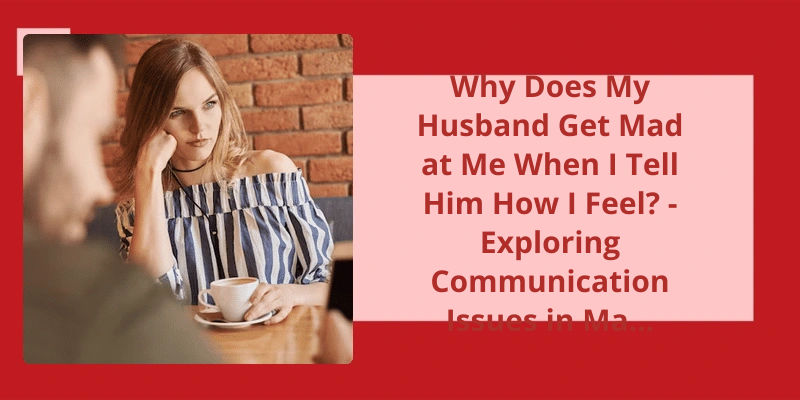Instead of settling for a brief and generic reply, such as "thanks" or "no problem," it's crucial to put thought into our responses and demonstrate genuine appreciation or empathy. By choosing phrases like "You're welcome," "It was my pleasure," "I'm so glad I could help," or "I so enjoyed attending this event," we can show the other party that our actions were a deliberate choice to assist or connect. These responses go beyond a mere acknowledgment and create a stronger sense of gratitude and connection, fostering positive relationships and communication in our increasingly digital world.
What to Say if Someone Says No Worries?
When someone says “no worries,” it’s often an indication that they aren’t bothered or upset by a particular situation. This phrase typically implies that there’s no need for concern or apology. In response to someone saying “no worries,” a fitting reply could be a simple expression of gratitude. Saying “thank you” acknowledges their reassurance and might imply appreciation for their understanding and lack of negative emotions.
By responding with “thank you,” you’re showing that you appreciate their easygoing nature and their willingness to let go of any potential issues. It also conveys that you’re grateful for their understanding and that you value their positive outlook on the situation. This response helps maintain a positive and harmonious conversation while acknowledging their gesture of reassurance.
In some situations, offering a reciprocal statement such as “I appreciate your understanding” or “Im glad were on the same page” can further reinforce the positivity of the interaction. These responses show that you value their reassurance and further enhance the connection and trust between both individuals.
It’s a gentle way of stating that they aren’t upset or bothered. Remember, maintaining a positive and respectful tone can greatly enhance any interaction.
Exploring the Impact of Using Phrases Like “No Worries” in Maintaining Positive Relationships and Reducing Conflict
- Enhancing communication
- Cultivating a relaxed environment
- Building trust and rapport
- Promoting understanding and empathy
- Fostering a positive atmosphere
- Reducing tension and hostility
- Encouraging open-mindedness
- Facilitating conflict resolution
- Emphasizing respect and acceptance
- Creating a sense of ease and comfort
No worries is a commonly used phrase to express reassurance or to let someone know that something isn’t a problem. However, if you feel like using a different phrase, here are seven alternatives to say “no worries” without losing it’s essence.
What Can I Say Instead of No Worries?
When someone says “no worries” in a text message or conversation, it might indicate that they’re trying to reassure you or downplay a concern you might have expressed. However, if you want to respond with something other than “no worries,” there are several alternatives you can consider.
One simple alternative is to say “dont worry about it.”. This phrase carries a similar meaning to “no worries” and reassures the other person that their concern is unnecessary. Additionally, you can use the longer version of “no worries” by saying “dont worry about it” instead.
Another option is to say “its no problem.”. This phrase conveys that whatever issue or concern was brought up isn’t causing any trouble or inconvenience for you. By using these words, you offer reassurance while also confirming that there’s no need for worry.
Similarly, you can say “theres no need to worry.”. This phrase explicitly states that the other persons concern is unfounded and unnecessary. It conveys a sense of calm and reassurance, assuring the person that everything is under control and they don’t need to be worried.
You can also say “its no trouble at all.”. This phrase indicates that whatever task or request was made isn’t causing you any inconvenience or difficulty. It reassures the other person that their concern about potentially imposing on you is unfounded.
It reassures the other person that their worry is unfounded and irrelevant.
Lastly, you can respond by saying “thats perfectly fine.”. This phrase indicates that whatever the situation or task being discussed is, it meets your standards and expectations. It assures the other person that there’s no problem or cause for concern, indicating that everything is satisfactory.
From “dont worry about it” to “thats perfectly fine,” these alternatives convey a similar message while adding variety to your responses.
Reassuring With “No Need to Be Concerned”
- No need to be concerned.
This phrase is commonly used in informal conversations as a way to reassure someone that there’s no need to be concerned or upset about a certain situation. It conveys a sense of understanding, acceptance, and the willingness to let go of any potential worries or negative emotions.
What Does It Mean When Someone Says No Worries?
When someone says “no worries” in a text, it generally means that they want to assure you that there’s no need to be concerned or anxious about a particular matter. It’s a casual way of saying “dont worry” or “its fine.”. It’s often used to let you know that they aren’t upset or bothered by something that may have happened. For example, if you apologize for being late to a meeting, and they respond with “no worries,” it means that they aren’t upset and there’s no need to dwell on the issue.
It’s often used to diffuse a potentially tense situation or to put someone at ease. When someone says it in a text, they’re trying to convey a sense of ease and letting you know that whatever happened isn’t a big deal. They’re trying to let you know that they understand and accept the situation without any negative feelings.
It can mean that the person acknowledges any concerns or worries you may have had, but wants to alleviate them or reassure you that everything is okay. It’s a way of saying that they’ve taken your worries into consideration and want to put them to rest.
It’s meant to convey a sense of understanding, forgiveness, and acceptance. It’s a way of saying that they aren’t bothered by the situation and want to move forward without any negative feelings. It’s important to take this response at face value and not overanalyze it, as it’s generally used to express a casual and lighthearted attitude.
However, despite it’s casual nature, the phrase “no worries” can still be considered polite in certain informal situations.
Is It Polite to Say No Worries?
When it comes to the question of whether it’s polite to say “no worries,” the answer isn’t black and white. In certain contexts, such as casual conversations with friends or acquaintances, saying “no worries” can be seen as a polite and casual response to show that you aren’t bothered or inconvenienced by a particular situation. It can help to reassure the other person that everything is alright and there’s no need for them to feel bad or apologize further.
However, when it comes to professional or formal situations, it’s generally considered unprofessional to say “no worries.”. In these contexts, it’s advisable to use more formal and professional language to maintain a level of seriousness and respect. Whether it’s a formal email, a business meeting, or a professional setting, using phrases like “no worries” may come across as too casual and can undermine the professionalism of the interaction.
It’s important to note that the level of formality and appropriateness of language may vary depending on the cultural and professional norms of different environments. However, it’s always better to err on the side of caution and use more formal language when in doubt.
It’s important to use appropriate language and tone to convey professionalism and respect, especially in professional and business settings.
Source: 9 Professional Ways to Say “No Worries” – English Recap
Conclusion
In conclusion, when it comes to responding to someone saying "no worries" in a text message, it’s important to choose a response that goes beyond a simple acknowledgment. These responses convey a sense of gratitude, satisfaction, and a willingness to go the extra mile, ultimately fostering stronger relationships and meaningful interactions. So, the next time someone says "no worries," remember to respond with warmth and appreciation, making the conversation more personal and sincere.






